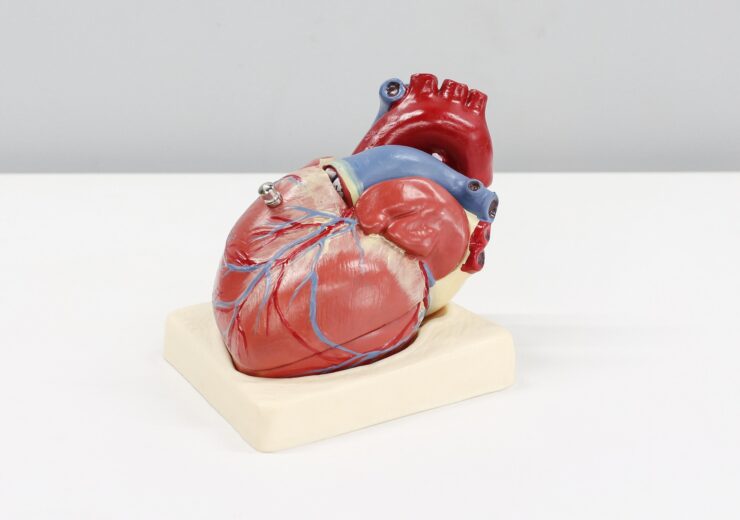The FDA has granted the breakthrough status to SCD for use with patients in the hospital intensive care unit with acute or chronic systolic heart failure and patients with worsening renal function

FDA announced breakthrough status to SeaStar’s SCD. (Credit: Ali Hajiluyi on Unsplash)
SeaStar Medical has received the US Food and Drug Administration (FDA) Breakthrough Device Designation for its patented cell-directed Selective Cytopheretic Device (SCD) to treat cardiorenal syndrome.
The SCD therapy is designed to create a micro-environment, drawing highly activated effector cells and neutralising them. It selectively targets the most highly activated proinflammatory neutrophils and monocytes.
The FDA has granted the breakthrough status for this first-in-class SCD for use with patients in the hospital intensive care unit (ICU) with acute or chronic systolic heart failure.
It also has been indicated for worsening renal function due to cardiorenal syndrome or right ventricular dysfunction awaiting implantation of a left ventricular assist device (LVAD).
The SCD’s clinical development and regulatory approval for usage in this patient population are anticipated to accelerate with the Breakthrough Device Designation.
SeaStar Medical CEO Eric Schlorff said: “We believe the SCD represents a novel, innovative and transformative approach to treating hyperinflammation in severely ill patients with chronic heart failure.
“Receipt of Breakthrough Device Designation in adult AKI previously and now in cardiorenal syndrome, coupled with highly promising data from studies across multiple disease conditions, strengthens our position that the SCD’s proprietary mechanism of action of targeting dysregulated immune responses is organ-agnostic, with potential applicability in multiple high-value, unmet medical needs where hyperinflammation plays a role.
“We plan to work in partnership with the University of Michigan to conduct a larger clinical study in the same patient population to gather additional evidence to support the submission of a Premarket Approval (PMA) application to the FDA.”
The US-based medical device company treated a patient with severe chronic heart failure who was not a candidate for a heart transplant or LVAD implantation with the Selective Cytopheretic Device. The treatment was part of a first-in-human study funded by a National Institutes of Health (NIH) grant to the University of Michigan.
This study’s results were included in the company’s Breakthrough Device submission. The primary endpoint of a successful LVAD implantation was met, and the patient was sent home, according to SeaStar.
The device secured the Breakthrough Device Designation for use in adult acute kidney injury.
